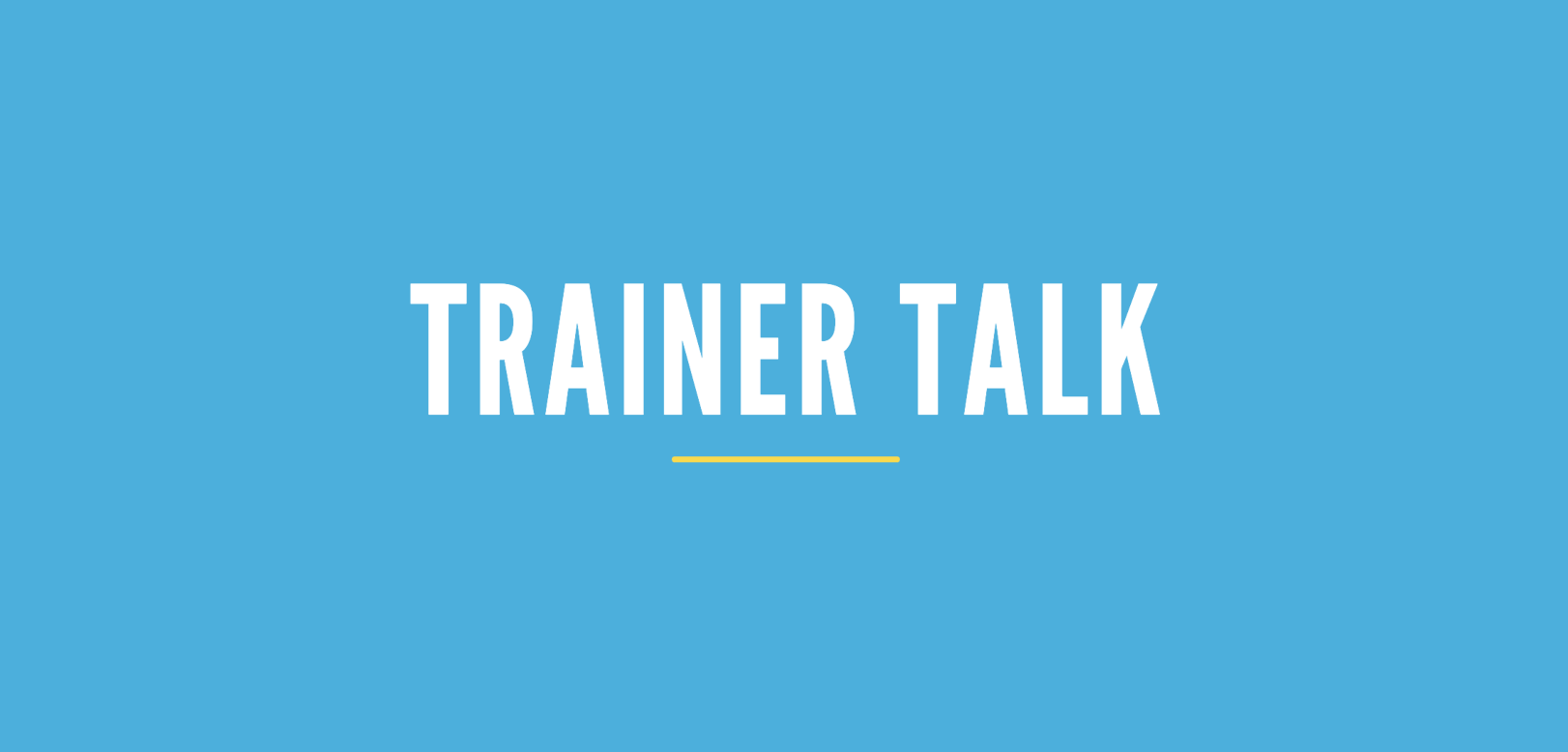
Matt Morris, Director of Fitness, and Luke Smith, Fitness Specialist at Burn Boot Camp are back for another installment of Trainer Talk! Masters of their craft and the true engineers of the fitness product at Burn Boot Camp, these men are breaking down the how, why and what to achieving your fitness goals.
Creatine 101: What You Need to Know
Creatine is one of the most popular and widely researched supplements in the fitness industry. It’s used by athletes, bodybuilders, and fitness enthusiasts to enhance muscle strength and performance. But what exactly is creatine, how does it work, and is it safe to use? In this blog post, we’ll explore the basics of creatine and answer some common questions about this supplement.
What is Creatine?
Creatine is a naturally occurring compound found in our muscles, liver, and kidneys. It’s synthesized from three amino acids: arginine, glycine, and methionine. About 95% of the body’s creatine is stored in skeletal muscle tissue, where it’s used to produce energy during high-intensity exercise.
How Does Creatine Work?
Creatine helps to regenerate adenosine triphosphate (ATP), which is the primary energy source for our muscles. When we perform high-intensity exercise, our muscles use ATP for energy. However, ATP is quickly depleted during intense activity, which can lead to muscle fatigue and a decrease in performance. Creatine supplementation increases the amount of creatine stored in our muscles, which allows for faster ATP regeneration. This means that we’re able to perform high-intensity exercise for longer periods of time before fatigue sets in. Creatine also helps to increase muscle cell volume, which can lead to greater muscle growth over time.
Is Creatine Safe?
Creatine has been extensively researched over the past few decades, and numerous studies have shown that it’s safe to use for healthy individuals. However, as with any supplement, it’s important to follow the recommended dosage and speak with your healthcare provider before starting to use it. Some people may experience mild side effects from creatine supplementation, such as stomach upset, diarrhea, or muscle cramps. These side effects are typically mild and can be avoided by drinking plenty of water and following the recommended dosage. It’s also important to note that creatine supplementation may not be appropriate for everyone. Individuals with kidney or liver disease, as well as pregnant or breastfeeding women, should avoid using creatine.
How to Take Creatine?
Creatine is typically taken in the form of a powder that’s mixed with water or another beverage. The recommended dosage is typically 3-5 grams per day, taken at any time of day. It’s important to drink plenty of water when taking creatine, as it can cause dehydration if you don’t drink enough fluids. It’s also important to note that not all creatine supplements are created equal. Look for supplements that are made by reputable companies and have been independently tested for purity and potency.
For more information: https://www.healthline.com/nutrition/…


